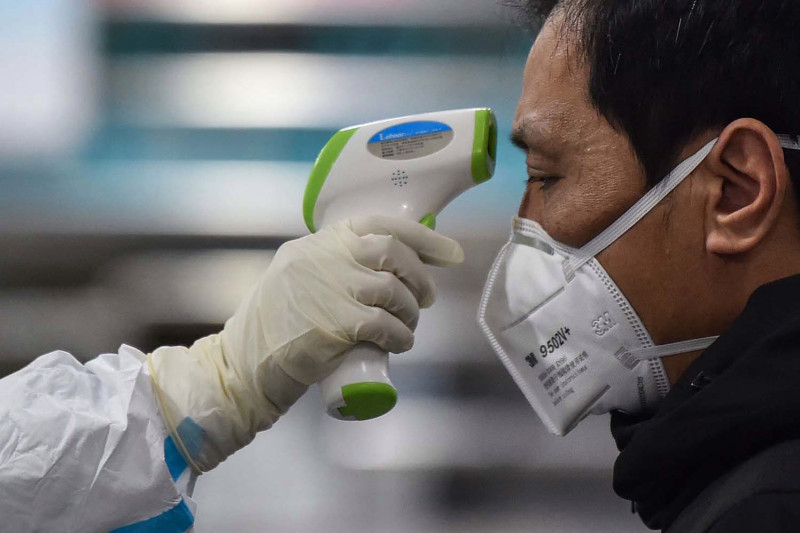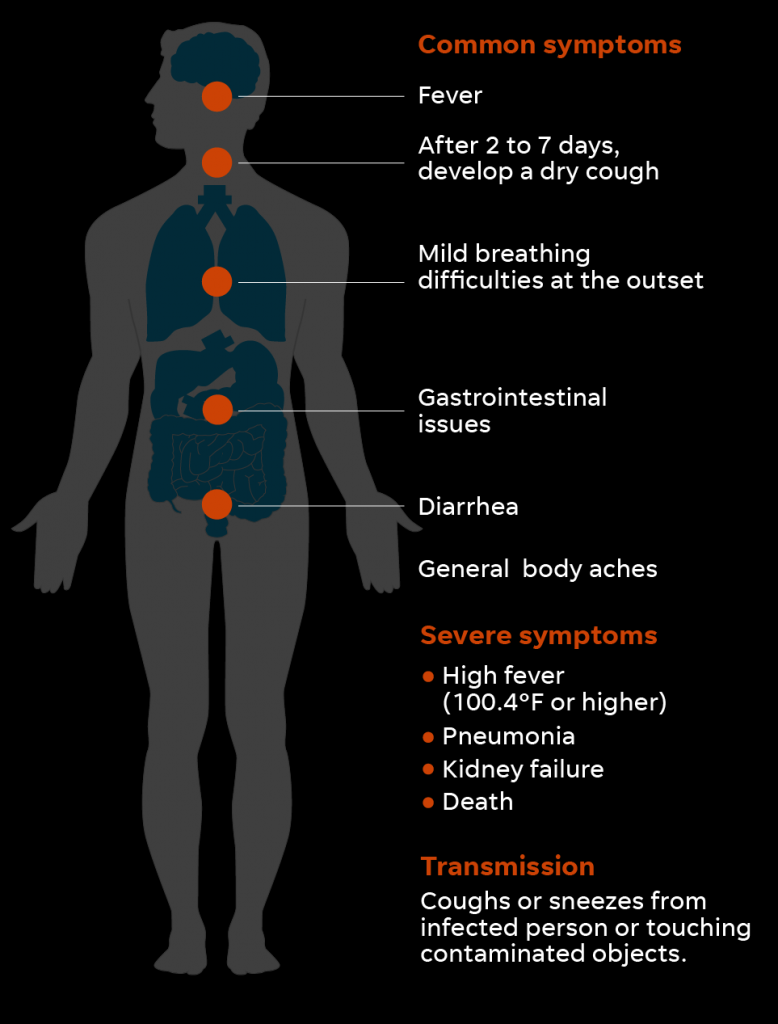By Maryam Iman Binti Norhashimi
The current novel coronavirus outbreak has raised global anxiety concerning that the virus might become stronger, causing dramatic harm to the infected victims before health officials find a way to put a full stop to it.
On 31st December last year, it was first reported from Wuhan, China, a large city in the Chinese province of Hubei of the realities of the new coronavirus which had begun to spread among the population there and now in a number of countries.
According to WHO (World Health Organisation), Coronaviruses are a large family of viruses found in both animals and humans. Some infect humans and cause illness ranging from common cold to more severe diseases such as Middle East Respiratory Syndrome (MERS) and Severe Acute Respiratory Syndrome (SARS).
Known as a novel coronavirus (2019-nCoV), this virus is different from the previous ones mentioned and had never before seen in humans.

What is a novel coronavirus (2019-nCoV)?
It is a type of coronavirus that affects mammals respiratory system which can be severe and life-threatening. Accelerated by air travel, the disease rapidly spread to several parts of the world through the transmission from human to human.
Where did the virus originate?
The infections are happening to people typically via contact with an infected animal. Some of the most common carriers are bats. However, they do not usually transmit coronaviruses directly to humans.
The SARS coronavirus spread to humans via civet cats in 2002, while the MERS virus spread via dromedary camels in 2012. However, it can be difficult to determine the animal from which a coronavirus infection first started spreading.
In the case of the new coronavirus, the animal source has not yet been identified. This does not simply mean you can catch 2019-nCoV from any animal or your pet. In this case, initial reports from China has targeted a seafood market in central Wuhan which is believed to be one of the sources of the virus. As a result, local authorities closed down the market on January 1. Researchers in China are still studying this but have not yet identified the main source of it.
How does the virus transmit from one to another?
According to the WHO spokesperson, researchers are still studying the exact parameters of human-to-human transmission. Some people became ill due to the exposure from the infected animals and therefore followed by transmissions between humans.
The virus spreads primarily through contact with an infected person through respiratory droplets of saliva discharged from the nose or mouth when a person coughs or sneezes. Everyone needs to practise good respiratory hygiene. For example, use a handkerchief or tissue when coughing or sneezing and throw it immediately into a closed bin. People are also advised to wash their hands regularly with either alcohol-based hand rub or soap and water.
What are its symptoms?
The virus exposes infected people to respiratory diseases and according to the Centers for Disease Control and Prevention (CDC), the main symptoms of a 2019-nCoV infection are fever, cough and shortness of breath.
In an official WHO Q&A session, it is explained that the symptoms of a 2019-nCoV infection can be very generic, hence, it can be difficult to distinguish between them and the symptoms of other respiratory infections.
Besides, the virus can cause mild symptoms as well as more severe diseases including pneumonia, respiratory failure, and, in some worst cases, death.

Are there any specific medicines to prevent or treat the virus?
Up till today, WHO has not yet confirmed any specific medicine for a cure to stop the virus. However, those infected with 2019-nCoV should receive appropriate care to relieve and treat symptoms, and those with severe illness should receive optimized supportive care.
Here is the list of pieces of advice from health officials to protect yourself from getting infected with the new coronavirus:
- Maintain basic hand and respiratory hygiene
- Practise safe food consumption
- Avoid or minimise close contact, when possible, with anyone showing symptoms of respiratory illness such as coughing and sneezing.
(Sources from World Health Organisation and Medical News Today.) ***
